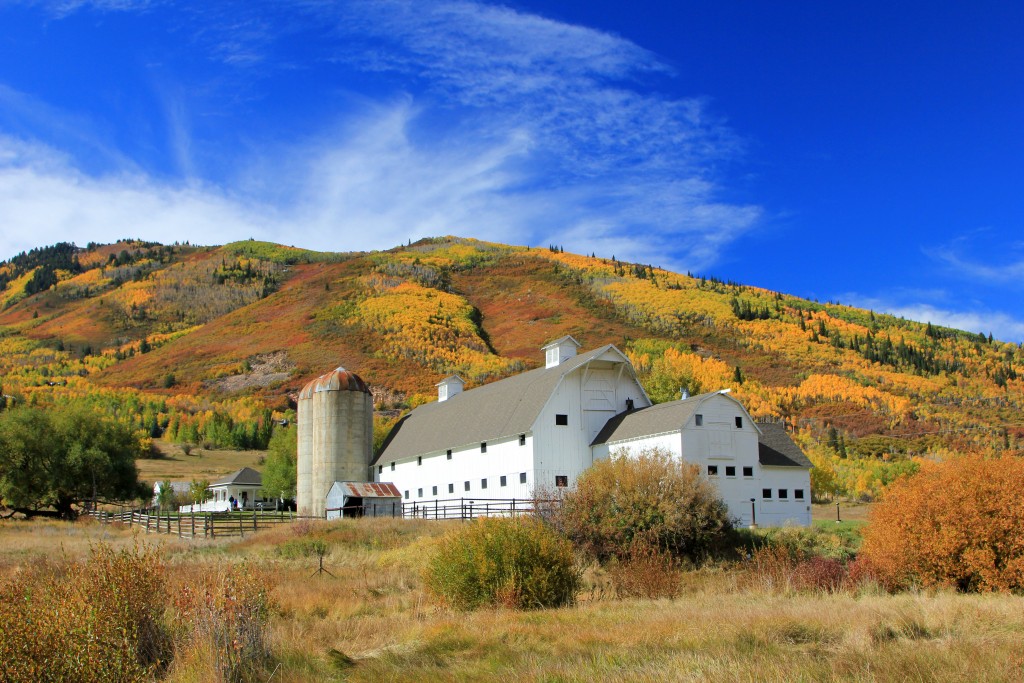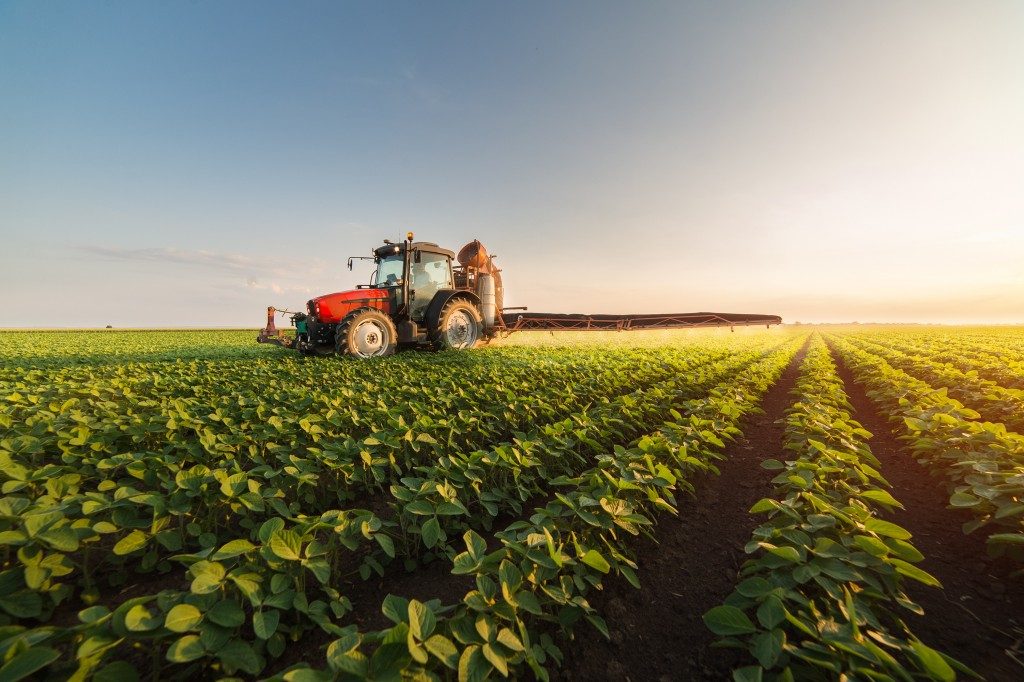Agriculture, by definition, is the practice of growing crops and raising domestic animals for food production. Even though it is important in sustaining human life, several practices connected to it are known to have certain effects on the environment — most notably, climate change, pollution, deforestation, and environmental degradation.
Agriculture’s Environmental Impact
- Climate Change
Climate change and agriculture have a certain give-and-take relationship. It is a lot more complex than picking up your trash and usingpallet bins to dispose of it. Agriculture is directly affected by climate change through temperature variations and the amount of rainfall. Inversely, substandard agricultural practices contribute to the worldwide problem.
Farming produces carbon dioxide, methane, and nitrous oxide — all of which are greenhouse gases — and release them into the atmosphere. Fertilizers and pesticides affect air quality because they produce compounds such as nitrate, ammonia, and phosphorus.
- Pollution
The quality of water in agriculture, both from and to agriculture, affect the environment in different ways. Several soil additives are used in farming to enhance the quality and quantity of agricultural production. Widely-used pesticides and fertilizers end up as water pollutants. This run-off greatly affects both animal wildlife and humans. If agriculture, on the other hand, uses water of marginal quality (like wastewater), the accumulation of chemical and microbiological pollutants in the environment is inevitable.

- Deforestation
Globally, vast forest areas are being cleared to make room for agricultural purposes. One of the most infamous examples is the Amazon Forest, which serves as the lungs of the Earth. Areas of the forest are set on fire as clearing operations for agricultural companies. About 906 thousand hectares in the Amazon have been lost to fire just this year alone. The thick and heavy smoke produced excessive amounts of carbon dioxide and carbon monoxide into the atmosphere.
This practice is widely used all over the world by people seeking to increase the volume of agricultural production. Clearing the land provides companies and farmers more land to grow crops. It also serves as additional grazing grounds for livestock. Deforestation also increases the list of endangered species by destroying their natural habitat and forcing them into areas that are not ideal for their survival. This leads to fragmentation and depletion.
- Soil Degradation
All ecosystems have massive biodiversity in its soil. Healthy soil is crucial to producing an ample food supply for a certain community. Although agriculture is not the only culprit for degrading the soil, substandard practices related to it significantly contribute to the decline in soil quality. Waterlogging and salting and pesticide contamination all lead to poor soil quality. Soil erosion, however, leads to loss of soil structure and fertility.
What Can We Do to Minimize Agriculture’s Negative Environmental Impact?
Sustainable farming is the key to protecting the environment against the negative effects of agriculture. Creating new systems that no longer encourage, promote, and utilize extensive and unsafe agricultural practices, should be one of this industry’s priorities. Having an environmentally-friendly means of farming combines both the implementation of farm practices geared towards environmental protection and the conservation of all available resources.
Protecting the environment against harmful substances and practices falls on us. If we act now, we can turn around agriculture’s adverse effects on the environment and ensure our children’s future.

